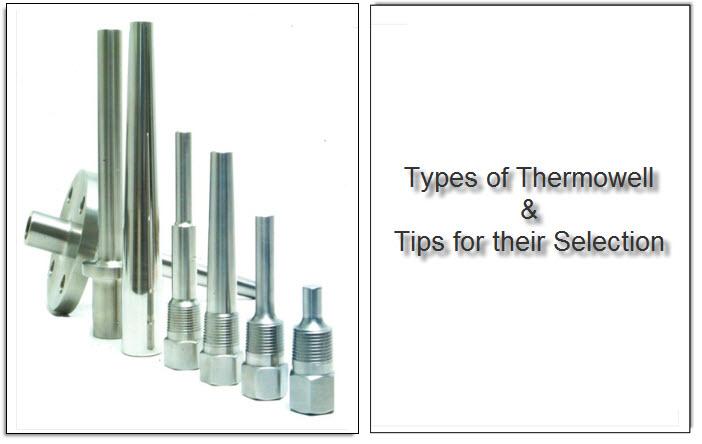rubber coated magnets, tool holder magnets, high pull force pot magnets, shuttering magnets for concrete IT-MAG Magnetic Material Co.,Ltd , https://www.it-magnets.com
Thermowell Types and Tips for Their Selection
Temperature sensors are widely employed across numerous industries for accurate temperature measurement. They frequently encounter harsh conditions such as high pressure, corrosive environments, and fast-moving materials. Prolonged exposure to such environments can cause significant damage to these sensors. To prevent this, they are often protected by components called thermowells. If you're curious about what these protective components are and how they function, this article delves into the details of thermowells.

## Introduction to Thermowells
According to the American Society for Testing Materials (ASTM), a thermowell is essentially a closed-end tube designed to encase temperature sensors. These devices come equipped with features that ensure a secure attachment to a vessel. Thermowells safeguard temperature sensors like thermistors, thermocouples, and bimetal thermometers from the adverse effects of the processes in which they are utilized.
## Exploring the Different Types of Thermowells
Thermowells are classified based on their process connections or the design of their stems. Below are some of the most common types of thermowells found in various industries:
- **Threaded Thermowells**: These thermowells are directly screwed into a thermowell threadolet or the tapped pipe wall.
- **Flanged Thermowells**: A flanged thermowell has a flange collar attached to a mating flange, which connects to a pipe nozzle.
- **Socket Weld Thermowells**: These thermowells can either be directly welded into the socket of a weldolet or welded into the pipe wall.
- **Weld-in Thermowells**: These thermowells are directly welded into the piping or a process vessel.
## Choosing the Right Thermowell for Your Process
Selecting the appropriate thermowell depends on several factors. Here are some guidelines to assist you in making the right decision:
### Selecting the Right Material
Thermowells are available in a variety of materials, and choosing the right one is crucial for both performance and durability. This choice should take into account the type of chemicals, flow rates, and temperatures the thermowell will face. Some chemicals can be highly corrosive at elevated temperatures and concentrations, and the presence of particles in the fluid can lead to erosion. Below are some commonly used materials for thermowells:
- Stainless Steel
- Carbon Steel
- Molybdenum/Chromium Steels
- Titanium
- Inconel®
- Haynes® Alloy
- Monel®
- Incoloy®
- Hastelloy®
Stainless steel is a popular choice due to its excellent corrosion resistance. Carbon steel is typically used in low-pressure and low-temperature applications. Molybdenum and chromium steel is ideal for pressurized vessels requiring high corrosion resistance. Haynes alloy thermowells are particularly suited for environments involving carburization, sulfidation, and chlorine exposure.
### Immersion Length
The immersion length, also known as the insertion length, refers to the distance from the thermowell's connection point to its tip. It is generally advisable to opt for a longer insertion length, as this allows the temperature-sensitive portion of the sensor to reach deeper into the medium being measured.
### Vibration Considerations
Vibration is a common cause of thermowell failure. Flowing media around the area where the process temperature is being measured often triggers vibration. To avoid this, it’s essential to choose a thermowell with high stiffness, which minimizes the risk of vibration-induced damage.
Thermowells play a critical role in the process industry. Therefore, purchasing them from reputable suppliers like The Transmitter Shop is vital. This company offers thermowells sourced from leading manufacturers and provides expert advice to help customers select the best thermowell for their specific industrial needs.
## Related Posts
- Thermowell Types and Selection Tips
Thermowells are indispensable tools in ensuring the longevity and reliability of temperature sensors in challenging industrial settings. By understanding their types and selecting the right materials and specifications, you can enhance the efficiency and safety of your operations.